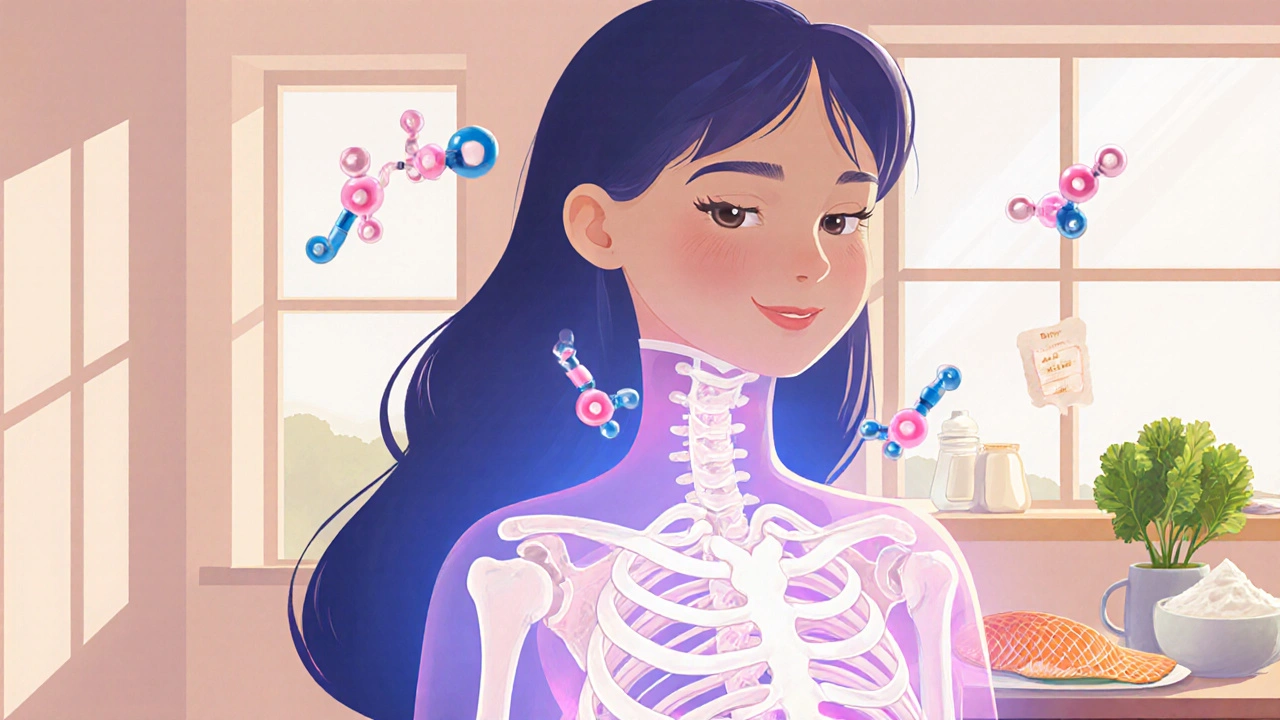Hormonal Contraception: How It Works, Risks, and What You Need to Know
When you think about hormonal contraception, a method of preventing pregnancy using synthetic hormones like estrogen and progesterone. Also known as birth control pills, it works by stopping ovulation, thickening cervical mucus, and changing the uterine lining to prevent implantation. It’s one of the most common ways people prevent pregnancy—not because it’s perfect, but because it’s predictable, reversible, and widely available.
But hormonal contraception isn’t just one thing. It comes in many forms: pills, patches, rings, shots, and IUDs. Each uses different combinations of estrogen, a synthetic female hormone that regulates the menstrual cycle and progesterone, a hormone that thickens cervical mucus and prevents the uterus from supporting a pregnancy. Some methods use both, others use progesterone alone. That’s why side effects vary so much—from mood changes and weight gain to headaches and spotting. For some, it’s a game-changer. For others, it’s unbearable.
It’s not just about avoiding pregnancy. Many people use hormonal contraception to manage heavy periods, painful cramps, acne, or conditions like PCOS. But it’s not harmless. Studies show long-term use can slightly increase the risk of blood clots or breast cancer in certain groups. That’s why knowing your family history, lifestyle, and health goals matters more than ever. If you’ve had migraines with aura, high blood pressure, or a history of clotting disorders, some types of hormonal contraception aren’t safe for you.
And it’s not just the hormones themselves—it’s how your body reacts to them. Two people on the same pill can have completely different experiences. One might feel more energetic. Another might feel emotionally drained. That’s why switching types isn’t failure—it’s smart experimentation. Many people try two or three before finding one that fits.
What you’ll find in this collection are real, practical guides from people who’ve been there. You’ll read about how hormonal contraception affects sleep, how it interacts with other meds like antidepressants or thyroid drugs, and why some side effects are misunderstood or dismissed. You’ll see how environmental factors like stress or chemicals can interfere with how your body responds. You’ll even find comparisons between hormonal methods and non-hormonal options, so you know what you’re giving up—and what you’re gaining.
This isn’t about pushing one solution. It’s about giving you the facts so you can decide what works for your body, your life, and your goals. No fluff. No marketing. Just what you need to know before you start—or stop—hormonal contraception.
How Desogestrel-Ethinyl Estradiol Affects Bone Density in Women
Desogestrel-ethinyl estradiol may help maintain bone density in young women by providing estrogen, but it's not a substitute for proper nutrition and exercise. Learn how it affects bones and what really matters for long-term skeletal health.
View more
